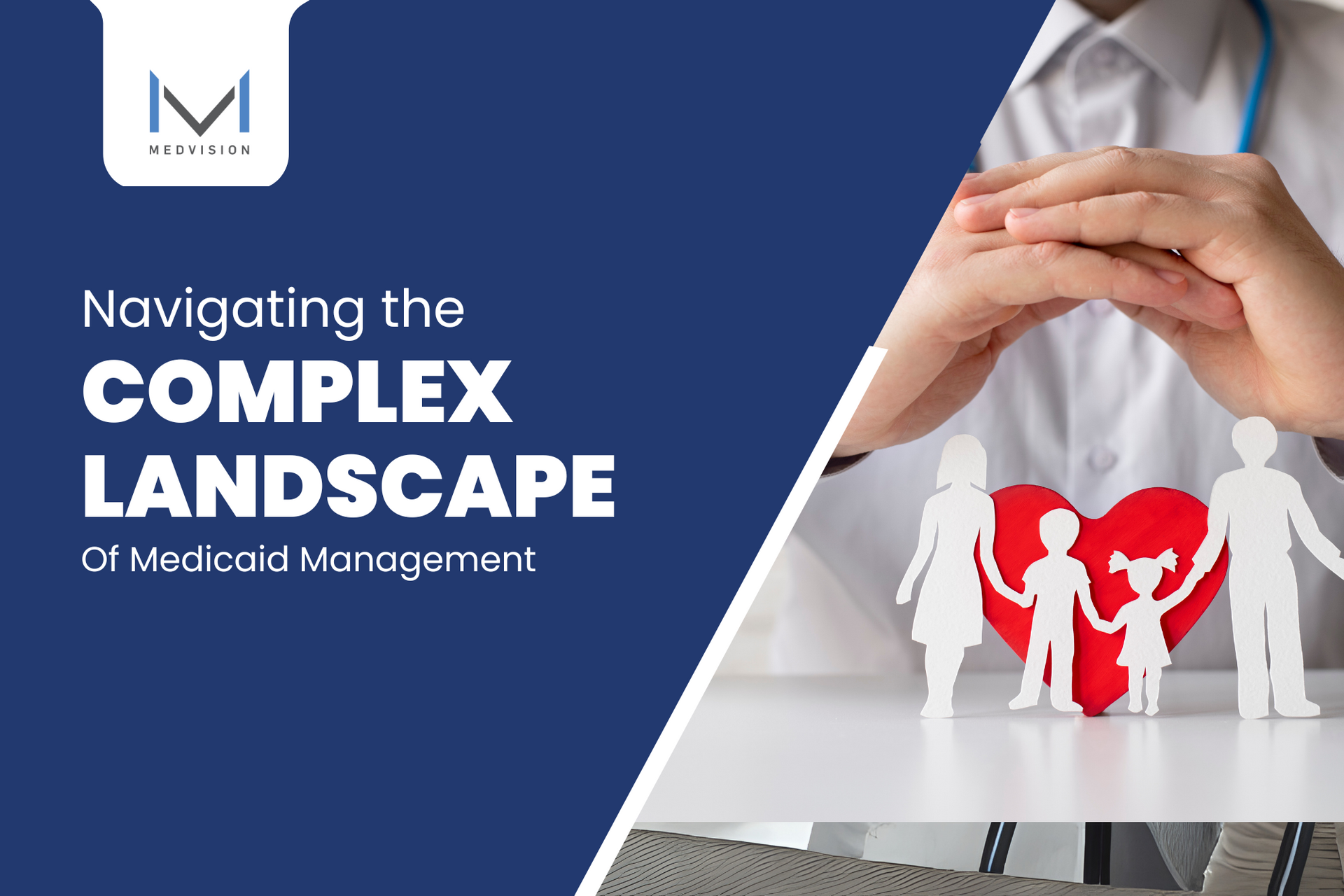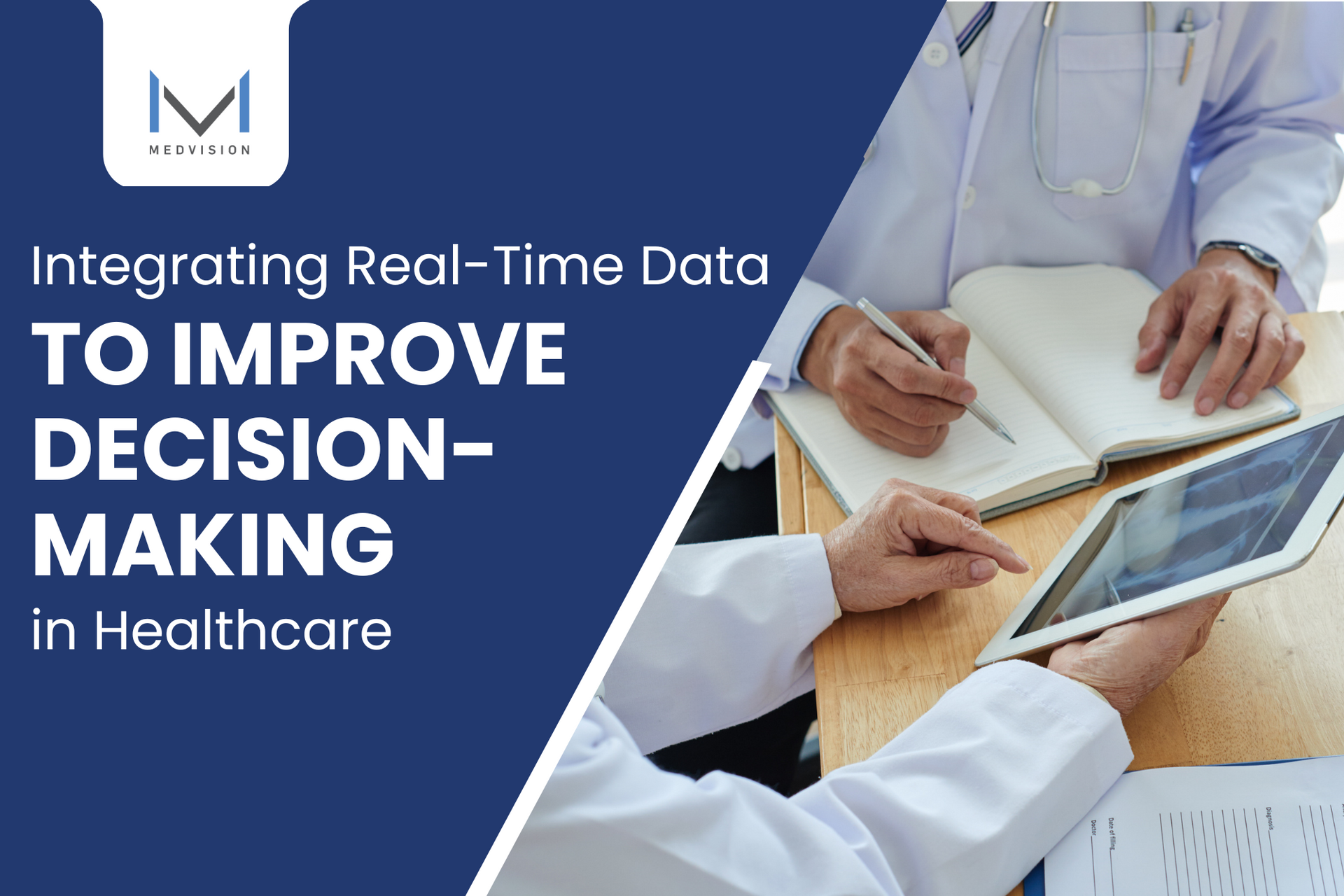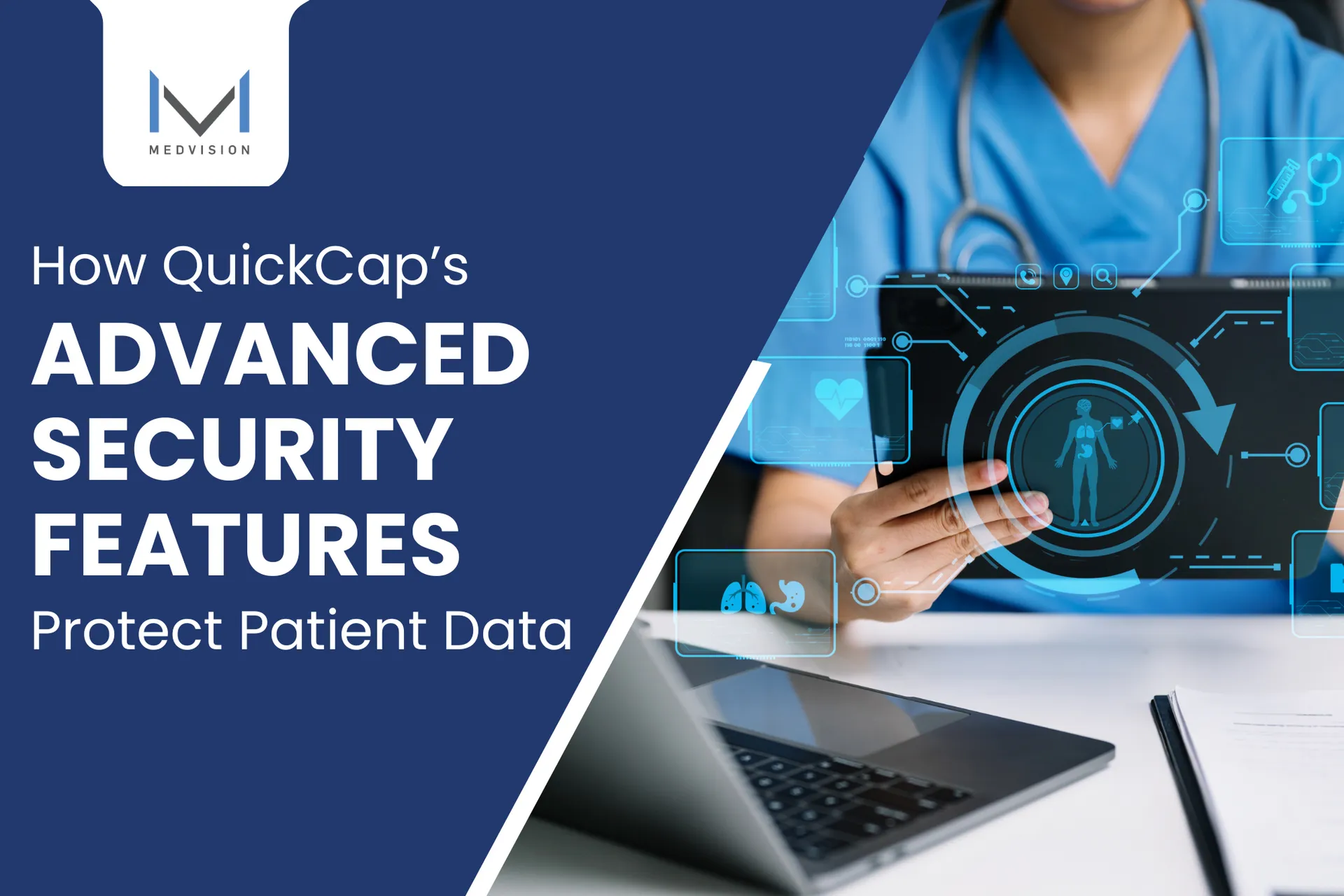Navigating the Complex Landscape of Medicaid Management

Medicaid, the largest public health program in the United States, delivers extensive health care coverage and long-term services and supports (LTSS) to millions of low-income individuals and families. However, it’s far from a uniform program.
While guided by federal standards, its implementation varies widely across state lines. Each state administers Medicaid differently, adapting it to local demographics, budget constraints, and healthcare priorities.
Managing
Medicaid and Medi-Cal processes can feel like charting a course through a constantly shifting maze. A one-size-fits-all approach simply doesn’t cut it for organizations involved in Medicaid management.
In response, tailored healthcare solutions like
QuickCap
offer the customization and flexibility needed to respond to the demands of this healthcare program.
Discover why this specialized healthcare administration software can make a transformative difference.
Simplify Medicaid Management with MedVision
The Need for Customization in Health Programs Management Software
Complexity is one word that can describe Medicaid and Medi-Cal programs. States shape their own policies, eligibility criteria, and benefits packages to address local health needs.
Despite the enrollment declines in Medicaid in 2024 due to the unwinding of the continuous enrollment provision, it remains the primary source of affordable healthcare coverage for over one in five Americans.
This shift adds new complexities to Medicaid management, amplifying the ongoing challenges of overseeing such a vast program effectively.
From the perspective of healthcare organizations, managing these healthcare programs comes with unique challenges. They must navigate a patchwork of guidelines and funding streams, often adapting quickly to policy shifts or regulatory updates.
This complexity can stretch resources, as administrative tasks like claims processing, eligibility verification, and compliance monitoring demand meticulous attention to detail and constant workflow updates.
Why a One-Size-Fits-All Solution Won’t Work
Unfortunately, many organizations still depend on generic management software that lacks the versatility to accommodate Medicaid’s evolving regulations. This mismatch often leads to inefficiencies, inaccuracies, and even compliance risks.
Generic software is typically designed for standardization and uniformity, making it suitable for some programs but limiting when it comes to Medicaid's diverse requirements.
State-specific policies, for instance, can dictate everything from eligibility criteria to billing codes and reimbursement rates, which a "one-size-fits-all" platform simply cannot provide.
Moreover, Medicaid health plans are subject to frequent regulatory changes as federal and state governments respond to budget shifts, policy revisions, and healthcare demands.
When software lacks adaptability, these updates become a logistical burden, requiring time-consuming and expensive manual interventions.
Why Scalable and Flexible Administration Software Matters
With a tailored solution, administrators can set up workflows, billing processes, and reporting tools that align with their needs.
An integrated Medicaid management software keeps an organization compliant and ensures that beneficiaries receive uninterrupted access to essential healthcare services.
This adaptability translates to a higher quality of service, fewer denied claims, and better financial outcomes.
Read: Federal State Health Programs: Tackling Management Issues
Key Features of QuickCap 7 for Medicaid Management

If you're looking for customizable and scalable healthcare administration software, MedVision’s QuickCap is a top choice for efficient Medicaid management. The following features set this software apart from the rest, making it an essential tool for many healthcare organizations:
1. Financial Management and Reporting
With tight budgets and a focus on accountability, Medicaid programs are under pressure to control costs effectively. QuickCap’s financial management tools help organizations maintain budgetary control while meeting compliance standards.
The platform offers comprehensive reporting on claim denials, expenditures, and operational costs, providing administrators with the data to make informed financial decisions. With QuickCap, organizations can analyze cost drivers, track their spending trends, and identify areas where savings may be achieved without compromising care quality.
The system's reporting features allow Medicaid administrators to create reports that meet
federal and state reporting requirements. For example, QuickCap’s financial management tools can help organizations prepare for audits or generate reports demonstrating compliance.
2. Claims Adjudication
Medicaid administrators gain efficiency and accuracy in processing large claim volumes through QuickCap’s automated claims adjudication system.
The platform is designed to adapt to each state’s specific Medicaid requirements, meaning billing codes, reimbursement rates, and benefit limits are automatically applied according to state policy. This tailored approach helps reduce claim denials and rejections, which are common in Medicaid programs due to strict compliance requirements.
QuickCap takes the hassle out of claims processing, reducing human errors and freeing up valuable time for Medicaid administrators. Its automated system is designed to handle high volumes of claims each month, making cash flow steadier and cutting down on the usual administrative load.
3. Advanced Analytics
With QuickCap’s advanced analytics, Medicaid administrators can access critical insights into service utilization, patient demographics, healthcare outcomes, and trends in operations.
Using data insights, organizations can spot trends that help shape policies, address unmet needs, and uncover new ways to enhance patient care. For example, it might reveal which services are most in demand or highlight higher-cost populations, making it easier to allocate resources strategically.
The platform also makes it easier for Medicaid administrators to track quality measures and performance indicators, which are essential to maintain funding or meet regulatory requirements and demonstrate outcomes. By converting data into clear, actionable insights., leaders can make evidence-based decisions.
4. Comprehensive Authorization Review
QuickCap’s built-in authorization review feature helps healthcare providers handle pre-approvals smoothly. This tool helps ensure they get the green light before delivering services, minimizing potential coverage denials and keeping patient care on track without delays.
This tool gives you real-time visibility of authorization statuses, all in one place. Administrators easily track approvals, denials, and appeals, making it simpler to ensure beneficiaries get the services they need on time. This streamlined approach means fewer administrative headaches associated with authorization tracking.
Maximize Medicaid Workflow Efficiency with QuickCap
Managing Medicaid can be a tedious cycle of repetitive tasks, manual updates, piling up, and consuming your team’s day. Now, think about the change with a system that streamlines every step, easing the burden and ensuring accuracy at every stage.
Take control of your workflow with a healthcare administration software system that adapts to your needs. Streamline Medicare and Medicaid management with MedVision’s QuickCap and see the difference in your team’s efficiency.
Recently published articles
Keep in touch
Subscribe to get the latest update
Than you!
You have successfully subscribe to our blog updtes!
Please try again later
Trending topics
Upcoming events and company news
Connected Healthcare
SOC Certification Achievement
MedVision has successfully met the criteria outlined in the SOC (System and Organization Controls) audit for service organizations. This certification demonstrates MedVision’s adherence to rigorous standards for security, availability, processing integrity, confidentiality, and privacy.
As a service provider managing sensitive data and overseeing critical functions on behalf of clients, this certification underscores MedVision’s commitment to maintaining high standards of operational excellence and data security.
HITRUST Risk-Based 2-Year Certification Achiever
The Health Information Trust (HITRUST) is a standards organization dedicated to security, privacy, and risk management. They developed the HITRUST Common Security Framework (CSF), which assists organizations in maintaining a comprehensive and secure approach to HIPAA compliance and managing risks. HITRUST is widely recognized as the benchmark in data security and privacy.
Certified Member of HCAA
The Health Care Administrators Association is the nation's largest nonprofit trade association for third-party administrators, stop loss insurance carriers, managing general underwriters, audit firms, medical managers, technology organizations, pharmacy benefit managers, brokers/agents, human resource managers, and health care consultants. HCAA has spearheaded the change of self-funding for more than 35 years.
Share and post page directly to social media.
Ready to get started?
Call us @ 847 - 222 - 1006
LINKS
GET IN TOUCH
3233 N. Arlington Heights Rd.,
Suite 307, Arlington Heights, IL 60004
Phone:
847-222-1006
Fax: 847-222-1066
STAY INFORMED
Subscribe to our blog updates!
Blog Subscription
Than you!
You have successfully subscribe to our blog updates!
Oops, there was an error in sending your message. Please try again later
LINKS
GET IN TOUCH
3233 N. Arlington Heights Rd.,
Suite 307, Arlington Heights, IL 60004
Phone :
847-222-1006
Fax :
847-222-1066
STAY INFORMED
Subscribe to our blog updates!
Medvision | All Rights Reserved.















